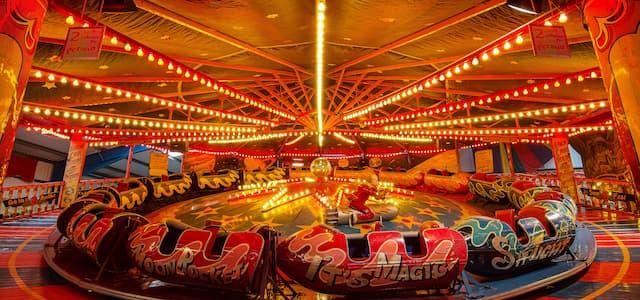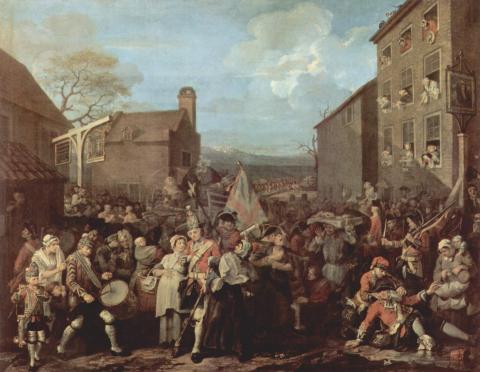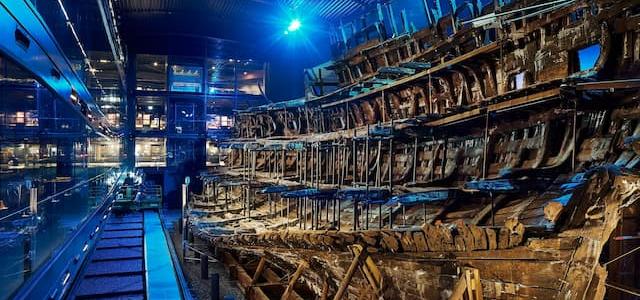
Foundling Museum to acquire Hogarth’s ‘The March of the Guards to Finchley’
The Trustees of the Foundling Museum are delighted to announce the acquisition of their first major work of art from the nationally important Foundling Hospital Collection. Coram Family (successors of the Foundling Hospital) currently owns this collection.

The acquisition of William Hogarth’s The March of the Guards to Finchleyhas been made possible by a most generous grant of £3.9million from the National Heritage Memorial Fund (NHMF) and a supporting contribution of £100,000 from the National Art Collections Fund. Its purchase ensures it will be saved for the nation in perpetuity and for future generations to enjoy.
Following a major refurbishment programme, the Foundling Museum will reopen to the public in Spring 2004, allowing access to this important collection and its extraordinary story.
The March of the Guards to Finchley
The painting is set against the backdrop of the second Jacobite rebellion in September 1745. Bonnie Prince Charlie (the Young Pretender) had landed in Scotland and marched as far south as Derby. In William Hogarth’s painting dishevelled English guards are assembling on the Tottenham Court Turnpike before proceeding north past the village of Finchley. The March of the Guards to Finchley is arguably the outstanding masterpiece in the genre that Hogarth effectively invented – the modern comic history.
William Hogarth had a long association with the Foundling Hospital, known today as Coram Family, of which he was a founding governor. As well as giving three paintings himself he was responsible for persuading many contemporary British artists to donate to the Hospital the works of art that now form the Foundling Hospital Collection.
Provenance
This picture was painted between 1749 and 1750. William Hogarth disposed of it by a lottery of 2,000 tickets. 1844 were sold and Hogarth donated the remainder to the Foundling Hospital; it was one of these, ticket number 1941, which won the painting.
“Yesterday Mr. Hogarth’s Subscription was closed, 1843 Chances being subscribed for. The remaining Numbers from 1843[4] to 2000 were given by Mr. Hogarth to the Hospital for the Maintenance and Education of exposed and deserted young Children. At Two o’Clock the Box was open’d, in the Presence of a great number of Persons of Distinction, and the fortunate Chance was drawn, No. 1941, which belongs to the said Hospital: and the same Night Mr. Hogarth delive’d the Picture to the Governors. His Grace the Duke of Ancaster offer’d them 200l. for it before it was taken away, but it was refus’d.” - The London Evening Post for 27 April to 1 May 1750.
Notes to editors
The Foundling Museum’s objective is to save the nationally important Foundling Hospital Collection and to make it accessible to the general public.
The Foundling Museum was established at the instigation of Coram Family in 1998. Various legal and financial factors now make it inappropriate for the charity to continue to maintain the Collection. The Governors of Coram Family prime concern is to preserve the integrity of the collection at its present site in the long term. The creation of The Foundling Museum is seen as the best means of achieving this objective. The Foundling Museum will be lent Coram Family’s picture collection and 40 Brunswick Square for a period of 25 years, during which time the trustees of the Museum will endeavour to purchase the collection from Coram Family at market value.
The terms of this scheme require the Museum trustees to raise £3.5million to finance the refurbishment of the building in which the collection is housed, and the conservation of the works of art. In addition, an endowment of £3million is needed to cover the projected annual operating deficits and to ensure that it can be a going concern for the period of 25 years.
The NHMF have further supported the Foundling Museum by a conditional offer of a grant for a £3million endowment fund. To date, the Museum has also succeeded in raising £3.2million of the £3.5million capital funding required.
Further information
Rhian Harris, Curator, The Foundling Museum,
Phone: 020 7841 3600
Katie Owen, Press Officer, National Heritage Memorial Fund,
Phone: 020 7591 6036

